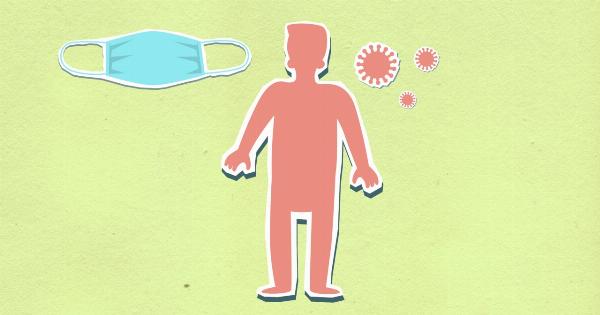Diphtheria is a highly contagious bacterial infection caused by Corynebacterium diphtheriae. It primarily affects the respiratory system, particularly the throat, and can lead to severe complications if left untreated.
Despite being rare in many developed countries, diphtheria is still a significant health concern in some parts of the world, emphasizing the importance of understanding and addressing this disease.
Understanding Diphtheria
Diphtheria is primarily transmitted through respiratory droplets. When an infected person coughs or sneezes, tiny droplets containing the bacteria are released into the air, making it easy for others to inhale and become infected.
The bacteria then adhere to the lining of the throat and release toxins that can cause damage to various organs in the body.
Initially, diphtheria may appear similar to a common cold or flu, with symptoms such as a sore throat, fever, and fatigue.
However, as the infection progresses, a grayish-white membrane may develop in the throat, which can obstruct the airway and lead to difficulty breathing and swallowing. The toxins produced by the bacteria can also spread to other parts of the body, affecting the heart and nervous system.
Complications of Diphtheria
Without prompt treatment, diphtheria can result in severe complications. One of the most serious complications is respiratory distress due to the obstruction of the airway by the membrane in the throat.
This can lead to life-threatening situations, especially in young children.
Furthermore, the toxins released by the bacteria can damage the heart muscles, causing myocarditis, an inflammation of the heart. Myocarditis can lead to irregular heart rhythms, heart failure, and even sudden death.
The nervous system can also be affected, leading to paralysis or neurological problems in some cases.
Diagnosing Diphtheria
Proper diagnosis of diphtheria is crucial for effective treatment. A healthcare professional will typically collect a sample from the infected area, such as the throat, and send it to a laboratory for analysis.
The sample is examined for the presence of Corynebacterium diphtheriae bacteria or its toxins. In some cases, blood tests may also be performed to assess the overall health and detect the presence of toxins.
Treating Diphtheria
Due to the serious nature of diphtheria, immediate treatment is essential. The primary approach to combating diphtheria involves administering antitoxin, which neutralizes the toxins produced by the bacteria.
Antibiotics are also prescribed to eliminate the bacteria and prevent further spread. Respiratory support, such as oxygen therapy, may be necessary in severe cases to assist with breathing.
In addition to medical treatment, individuals with diphtheria should be isolated to prevent the spread of the infection.
Close contacts, including family members and healthcare workers, may require antibiotics and vaccination to minimize the risk of transmission.
Preventing Diphtheria
The introduction of vaccines has significantly reduced the incidence of diphtheria in many parts of the world. Vaccination not only protects individuals from contracting diphtheria but also helps prevent its spread within the community.
The diphtheria vaccine is typically administered as part of the routine childhood immunization schedule.
In areas where diphtheria is still prevalent, it is crucial to maintain high vaccination coverage rates to prevent outbreaks.
Adults who haven’t received a booster vaccine in many years may also require revaccination to ensure continued protection.
Conclusion
Diphtheria may not be as common as it once was, thanks to widespread vaccination efforts. Nevertheless, this serious respiratory infection still poses a threat, particularly in areas with low vaccination rates.
Understanding the symptoms, complications, and importance of timely treatment are vital for managing this potentially life-threatening disease. Through increased awareness and access to vaccines, we can continue to protect individuals and communities from the devastating effects of diphtheria.




























